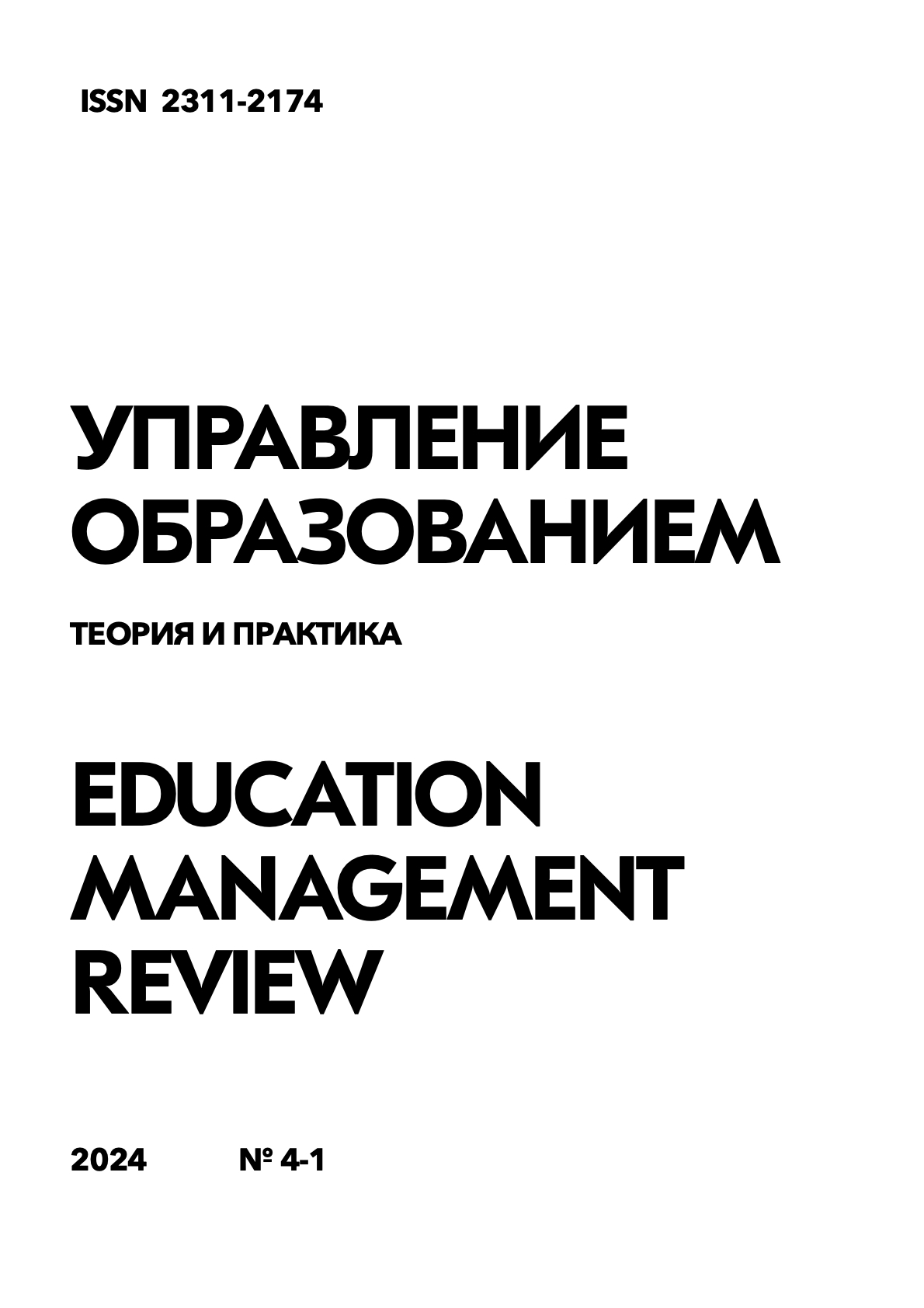The role of management decisions in improving the effectiveness of teaching phraseology of the Chechen language at the university
Keywords:
management decisions, learning effectiveness, phraseology of the Chechen language, higher education, innovative teaching methodsAbstract
This article examines the role of management decisions in improving the effectiveness of teaching phraseology of the Chechen language in higher educational institutions. The relevance of the topic is due to the need to improve the methods of teaching the Chechen language in the context of the modern educational process. The purpose of the study is to identify the key factors influencing the effectiveness of teaching phraseology of the Chechen language, and to develop practical recommendations for optimizing management decisions in this area. The study was conducted on the basis of two leading universities of the Chechen Republic: the Kadyrov Chechen State University and the Chechen State Pedagogical University. The survey was attended by 60 students of the Faculty of Philology of the A. A. Kadyrov CHSU and the Faculty of Humanities of the CHPU and 20 teachers of the Chechen language. The research methods included questionnaires, interviews, curriculum analysis and statistical data processing. The analysis of the obtained data showed that the key factors influencing the effectiveness of teaching phraseology of the Chechen language are: the qualifications of teachers (correlation coefficient 0.78), the availability of modern educational materials (0.72), the use of innovative teaching methods (0.69) and the level of motivation of students (0.65). Based on these factors, practical recommendations were developed to optimize management decisions, including regular teacher training, updating educational and methodological complexes, the introduction of interactive forms of learning and a system of student incentives. The proposed measures will increase the effectiveness of teaching phraseology of the Chechen language by 25-30% over the next 2-3 years.
References
Алефиренко Н.Ф. Фразеология в свете современных лингвистических парадигм. М.: Элпис, 2008. 271 с.
Байрамова Л.К. Фразеологические единицы с компонентами-зоонимами в русском и татарском языках // Филология и культура. 2012. № 2(28). С. 22-26.
Баранов А.Н., Добровольский Д.О. Аспекты теории фразеологии. М.: Знак, 2008. 656 с.
Вакуров В.Н. Основы стилистики фразеологических единиц. М.: Изд-во МГУ, 1983. 175 с.
Виноградов В.В. Об основных типах фразеологических единиц в русском языке. Лексикология и лексикография: избр. тр. М.: Наука, 1977. С. 140-161.
Гварамия А.А. Проблемы обучения фразеологии в вузе // Русский язык в школе. 2000. № 5. С. 34-37.
Жуков В.П. Русская фразеология. М.: Высшая школа, 1986. 310 с.
Мокиенко В.М. Славянская фразеология. М.: Высшая школа, 1980. 207 с.
Молотков А.И. Основы фразеологии русского языка. Л.: Наука, 1977. 283 с.
Телия В.Н. Русская фразеология. Семантический, прагматический и лингвокультурологический аспекты. М.: Языки русской культуры, 1996. 288 с.
Федоров А.И. Развитие русской фразеологии в конце XVIII – начале XIX в. Новосибирск: Наука, 1973. 171 с.
Шанский Н.М. Фразеология современного русского языка. М.: Высшая школа, 1985. 160 с.
Яранцев Р.И. Русская фразеология: Словарь-справочник. М.: Русский язык, 1997. 845 с.
Downloads
Published
How to Cite
Issue
Section
License

This work is licensed under a Creative Commons Attribution-NonCommercial-NoDerivatives 4.0 International License.




